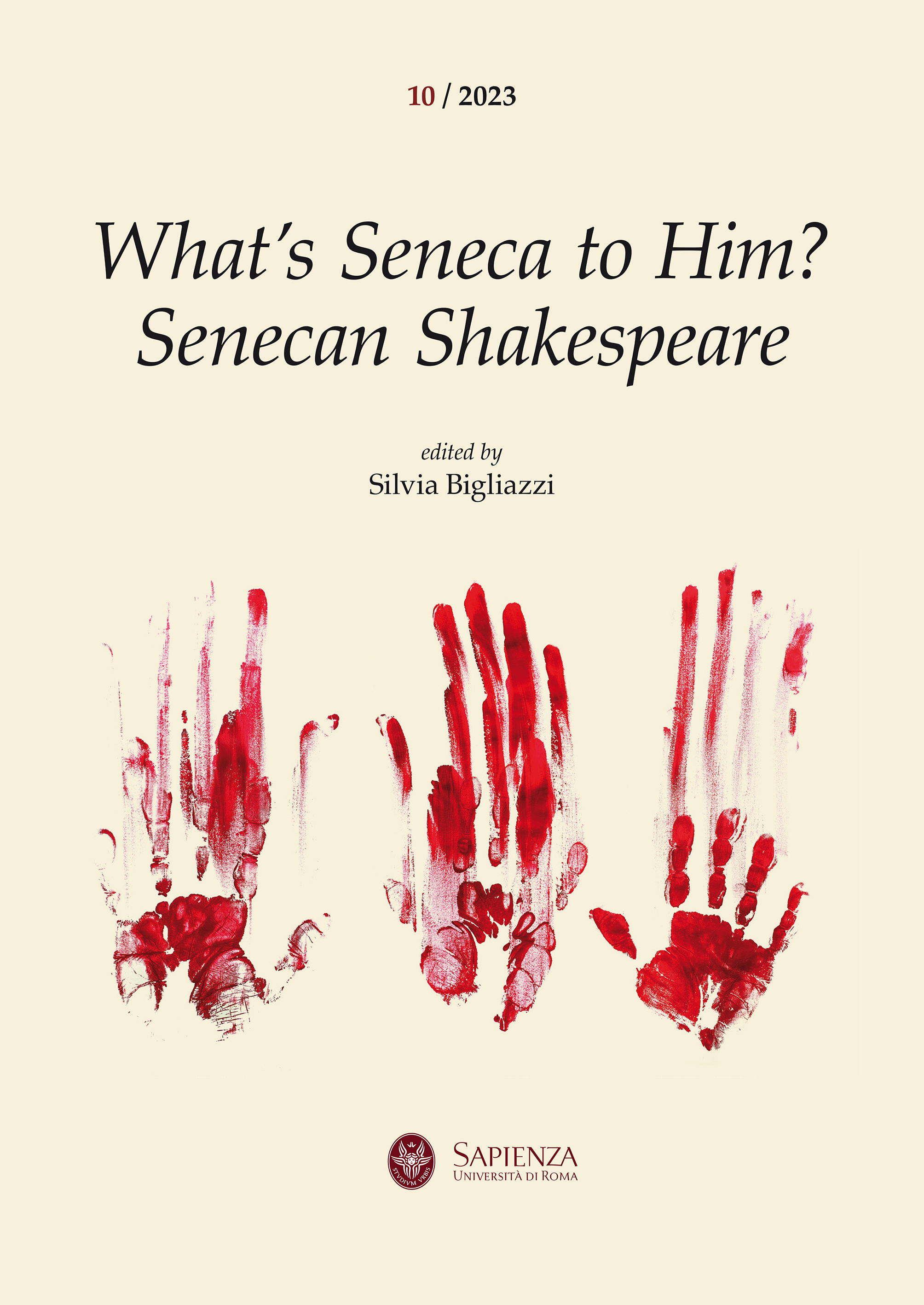Seneca Improved: Shakespeare’s Medieval Optimism
DOI:
https://doi.org/10.13133/2283-8759/18616Keywords:
Nihilism, Calvinism, Romance, Medieval Drama, Tragedy, TragicomedyAbstract
Seneca’s tragedies are tantamount to anti-theodicies, featuring vicious cycles of violence that seem impossible to forestall, enacted by protagonists and antagonists at the mercy of forces beyond their control. Some critics such as Jan Kott try to align Shakespeare with this perspective. In Shakespeare’s plays, however, Senecan pessimism is relatively limited and almost always framed within the opposing conventions of vernacular Christian drama. Expressions of nihilism tend to be undercut by dramatic irony. Shakespeare’s distinctiveness in this regard is more apparent if we compare him to Marlowe, as well as later figures such as Webster. Senecan pessimism takes on new life for these early modern English playwrights as a classical analogue of the despair and abandonment they feel in response to Calvinism, which presents God as pitiless and inscrutable. Shakespeare, by contrast, hews more closely to an older and more optimistic vision of divine justice. Revengers and overreachers are not exultant at the end but instead defeated, deflated, and demoralized, like the Antichrists and Lucifers of medieval cycle plays. Characters have some degree of moral agency, like the protagonists of morality plays. They are offered opportunities for repentance, even if they do not always choose to change their ways. Providence provides quasi-miraculous resolutions. I focus here on Shakespeare’s four main tragedies, Hamlet, Macbeth, Othello, and King Lear, as well as his rewriting of key elements of these tragedies in his later tragicomedies: Ophelia as the Jailer’s daughter in The Two Noble Kinsmen, Cordelia as Marina in Pericles, and Othello as Leontes in The Winter’s Tale, as well as Posthumus Leonatus in Cymbeline. Shakespeare’s medieval optimism, already apparent in his earlier tragedies, becomes more pronounced over the course of his career. While his contemporaries became more Neo-Senecan, Shakespeare instead doubled down on his lifelong indebtedness to medieval Christian drama and romance.


